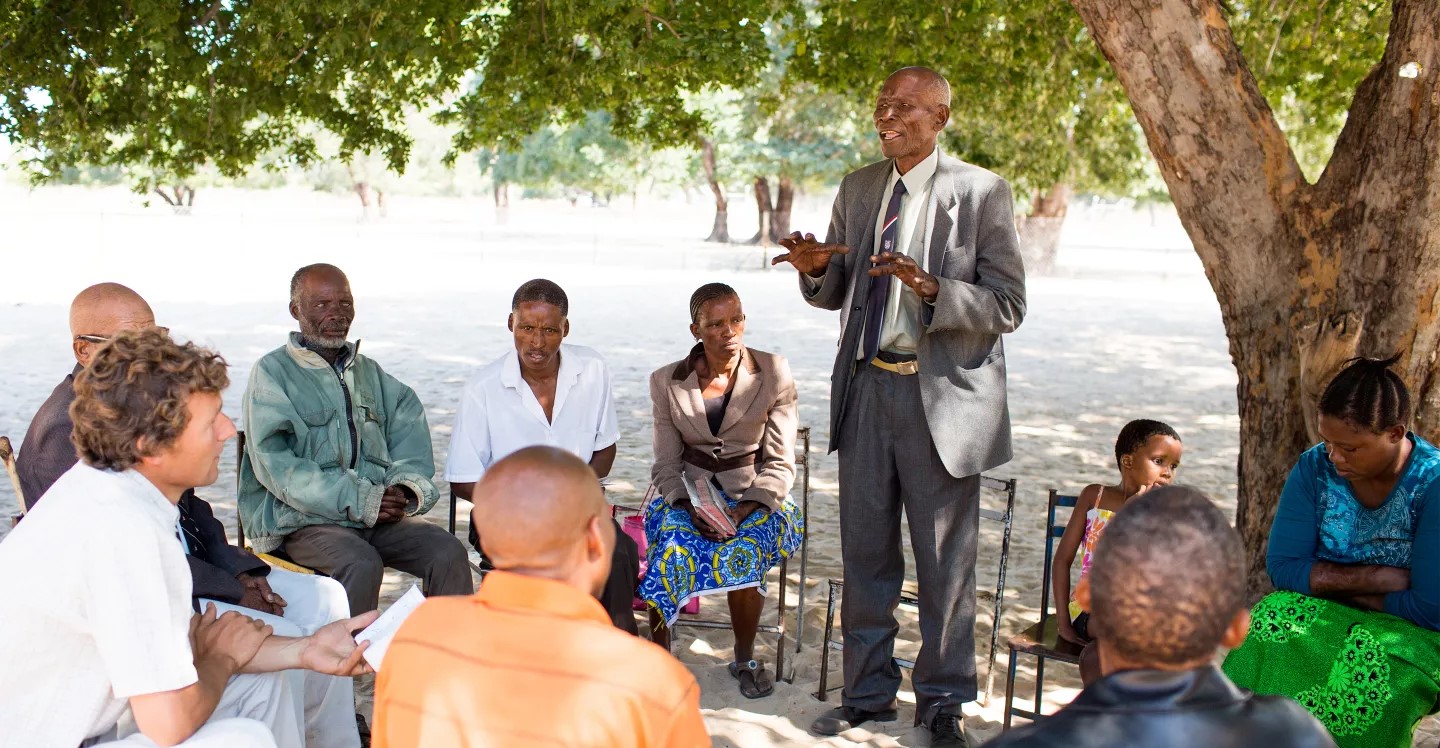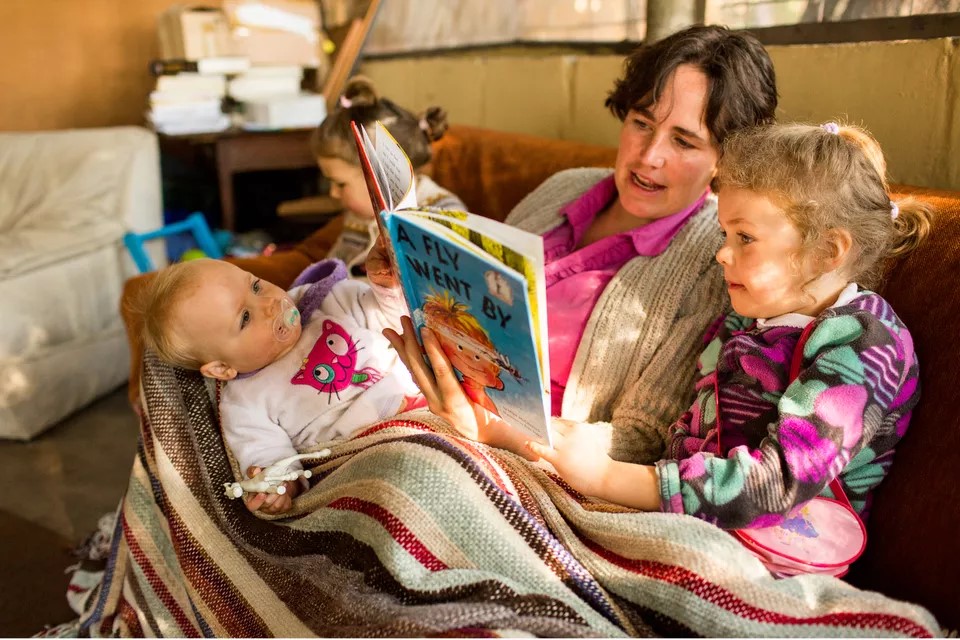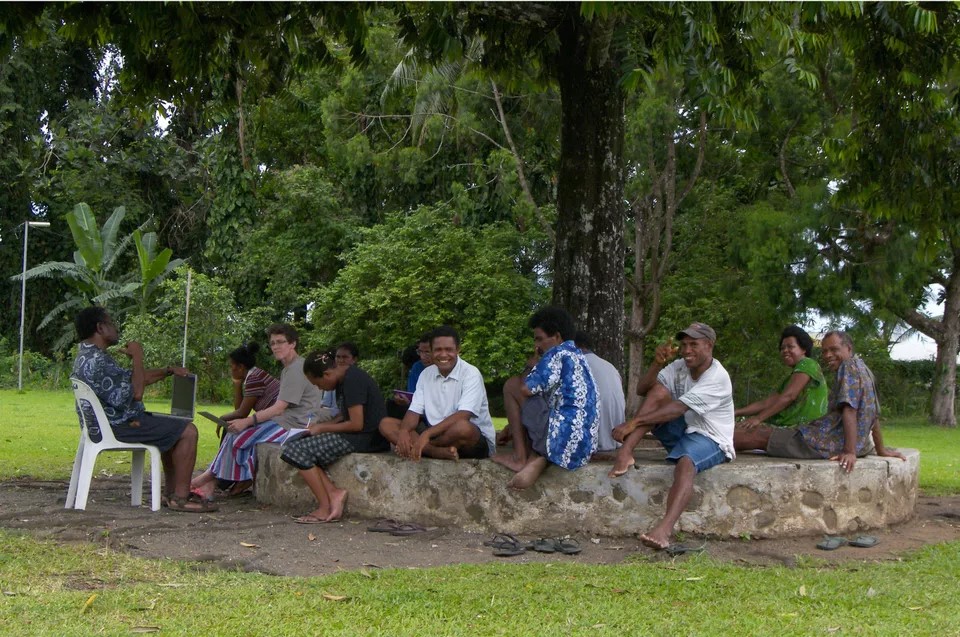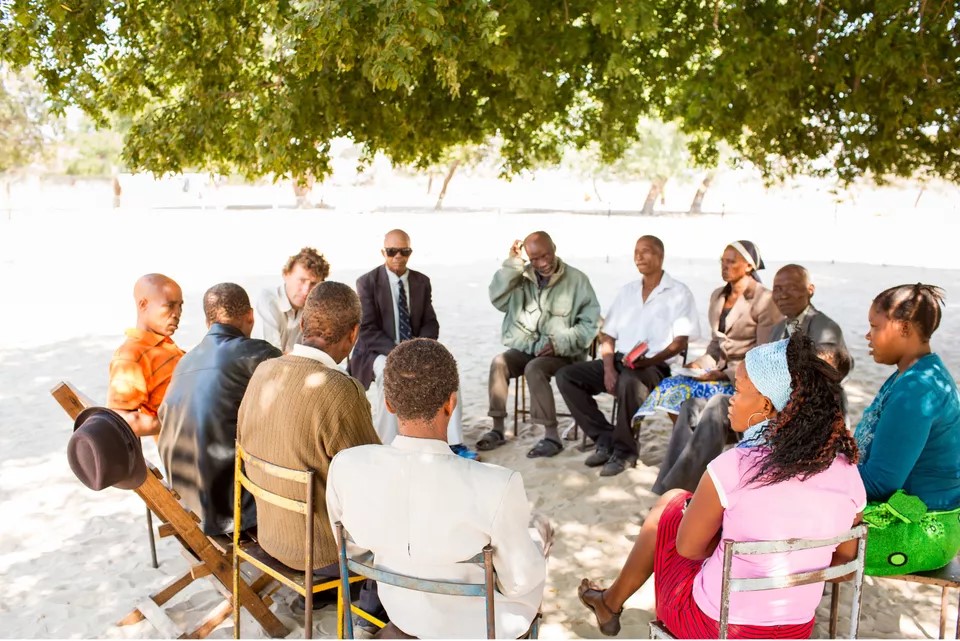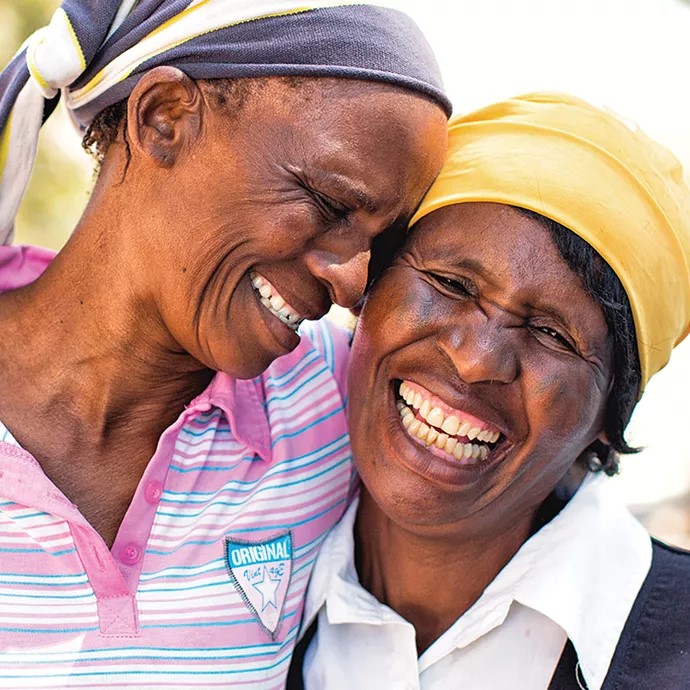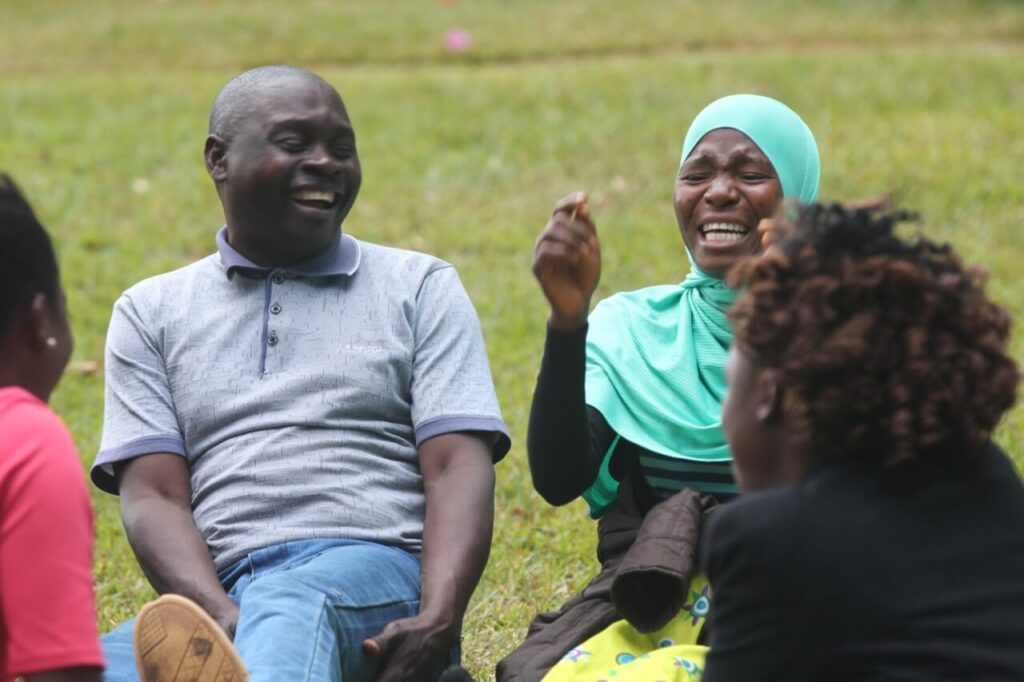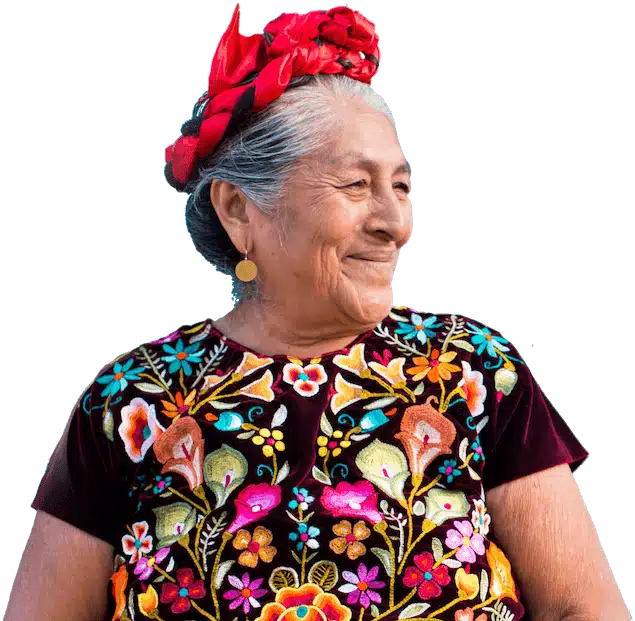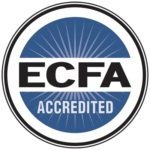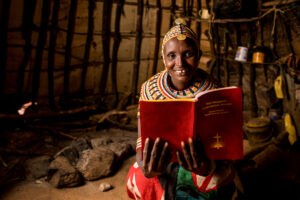Do you have fond memories of story time as a child?
Even today as adults, most of us enjoy listening to a story—an experience that we can learn from or just connect with. Sharing a story brings mutual understanding and an opportunity to discuss the story with one another.
What Is an Oral-Based Community?
It is a group that relies on the spoken, rather than written, word for communication.
This doesn’t necessarily mean a community doesn’t have a written language or sufficient literacy rates. Instead, it signifies the importance of narratives to ensure that cultural identity and historical learning are passed down through oral methods. Oral communicators represent all levels of education.
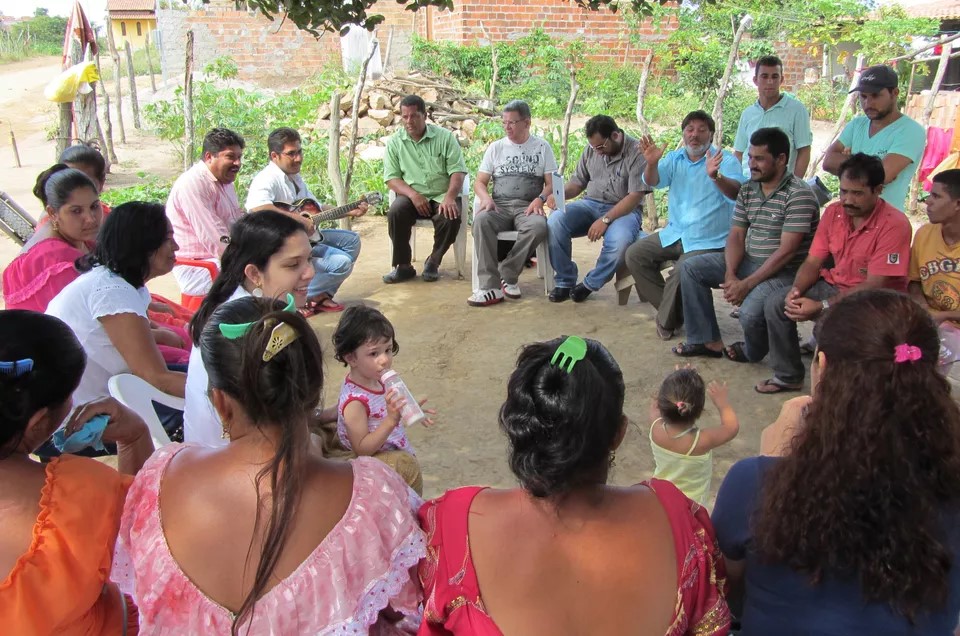
It also happens to be the majority around the world. According to research from the International Orality Network, 80% of the world’s population are oral-preference communicators.
With increasing resources such as audiobooks and podcasts, this statistic isn’t surprising, but unlike many literate-preference cultures, oral cultures are trained to retain what they hear and are very adept at staying true to details.
Now, orality-based Bible translation is accelerating God’s message to the world.
5 Ways Oral Strategies Make a Difference
1. Authentic Connection
The gospel is about reaching people where they are. If a people group learns by connecting with stories in community settings, that’s how we want to present God’s Word to them. We want to communicate spiritual and cultural truths in a way that is more meaningful and natural than writing.
When we communicate with others in the way they comprehend on the heart level, we demonstrate that God loves them so much, he wants to speak to them personally.
2. An Answer to Nonexistent Writing Systems
Oral strategies make God’s Word accessible where no writing system exists or, if it does, few use it. These methods also avoid delays in presenting Scripture while a writing system is being developed and approved, which can sometimes take decades.
3. Greater Reach
Biblically-based stories of God’s grace, love, and forgiveness are powerful. When they are told in a tone and style that speaks to the audience, people remember what they’ve seen and heard. Oral strategies reach into the heart and deeply touch all of us, but are possibly even more powerful to oral-preference communicators.
4. Stronger Teams
A lack of literacy skills doesn’t mean someone isn’t fit to work in Bible translation. Non-literate community leaders can have a deep understanding of their language and a knack for translation work.
Oral Bible translation strategies involve a wide variety of local people with different educational and religious backgrounds. When we provide oral strategies, we are able to leverage the best minds for the work in culturally relevant contexts. (A software tool called Render allows teams to manage, track, and execute projects without ever needing to read a word.)
5. Faster Delivery
Oral strategies allow Scripture to be used right away in ministry. As storytellers become increasingly confident, the message of the Scriptures spreads quickly. Audio translation, after it is consultant checked and the final recording is complete, allows people to interact with Scripture immediately. Orality-based products are usually released to the community as large sections of consultant-checked oral Scripture within months of beginning the project!
Two Common Orality-Based Initiatives Meet Community Needs
Oral Bible Storytelling (OBS)
For an orality-based culture, OBS is often the first and best introduction to God’s Word in their own language. In a workshop setting, the stories are carefully crafted so they remain true to the message of God’s Word.
OBS is also a great approach for regions where there is greater sensitivity and risk to having printed Scripture. Stories can be shared more discreetly and safely in some regions.
Over a two- to three-year period (the typical length of a project), a small team of five or six will craft 35 to 50 oral Bible stories in their heart language!
Do Storytellers Memorize the Whole Bible Story?
Storytellers don’t memorize the story; they internalize each narrative and practice telling it in a community setting. What is internalizing? Rather than memorizing words, storytellers picture the story and participate in it. They will change the story slightly, according to the audience and occasion. And before any story is finalized, it must pass a review by trained checkers and translation consultants.
Watch this video for a personal experience with Oral Bible Storytelling.
Oral Bible Translation (OBT)
OBT leverages the same ancient traditions as OBS. However, OBT also has much in common with written translation.
Each recording of an oral translation goes through the same rigorous steps as written translation for accuracy while maintaining the highest respect for the oral way of thinking, learning, and relating that Jesus himself modeled. In short, OBT combines the best aspects of both written and oral translation. It is frequently the “next step” for a language group that has already received God’s Word through an OBS project.
Whether a community chooses OBS or OBT will largely depend on the needs of that particular community, but the purpose is always the same: transforming lives through God’s Word, both now and forever.
